Germany’s gambling sector is facing a significant challenge as black market activity continues to surge, fueled by ongoing regulatory uncertainty and strict limitations imposed on licensed operators. As policymakers debate reforms to the current gambling framework, industry insiders warn that overly restrictive measures are driving consumers toward unlicensed, offshore platforms.
Stricter Rules, Unintended Consequences
The 2021 Interstate Treaty on Gambling aimed to create a unified and regulated online gambling market. However, its implementation has been criticized for excessive constraints—including low deposit limits, slow verification processes, and limited product offerings—that have reportedly made legal operators less competitive.
These rigid controls have opened the door for unauthorized websites that offer fewer restrictions, broader game selection, and higher betting limits. As a result, consumer migration to these black market alternatives has accelerated, undermining the very goals of the regulatory framework.
Operators and Associations Call for Reform
Licensed operators and industry associations are urging German regulators to reassess the existing policies, emphasizing that balanced regulation is essential to protect consumers and ensure tax revenue isn’t lost to unregulated channels. Many argue that while player protection is vital, regulations must also align with market realities to effectively compete with illicit providers.
What’s at Stake
The rise of the black market poses serious concerns beyond lost revenue. It reduces player safety, limits responsible gambling oversight, and undermines the legal market’s viability. If reforms aren’t enacted soon, Germany risks weakening its gambling ecosystem and missing an opportunity to establish a safe, sustainable, and competitive marketplace.
As debates continue, all eyes are on lawmakers to strike a balance between regulation and innovation that secures both consumer protection and market integrity.

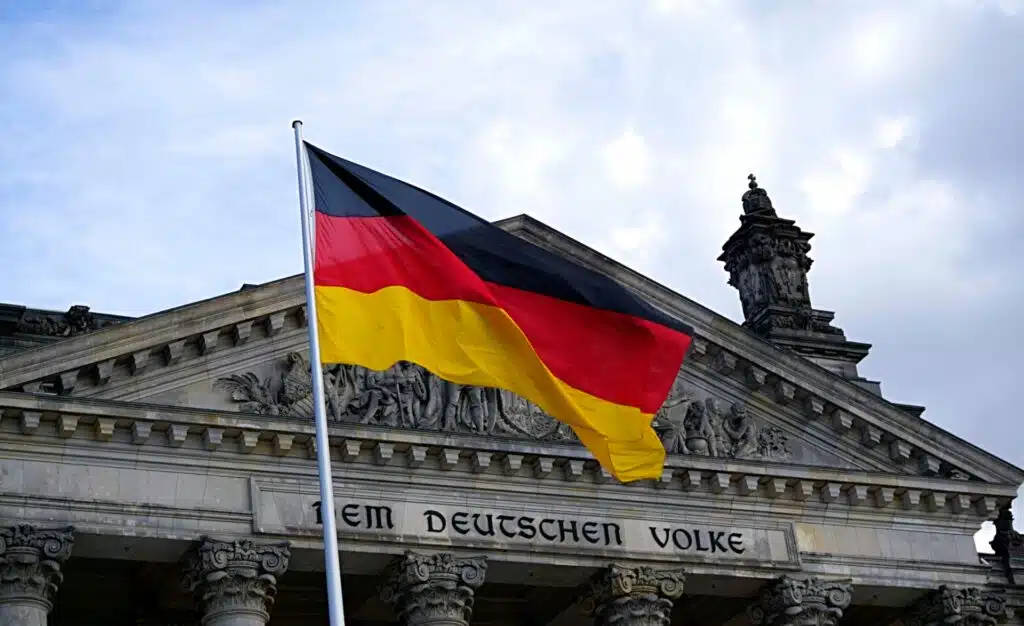




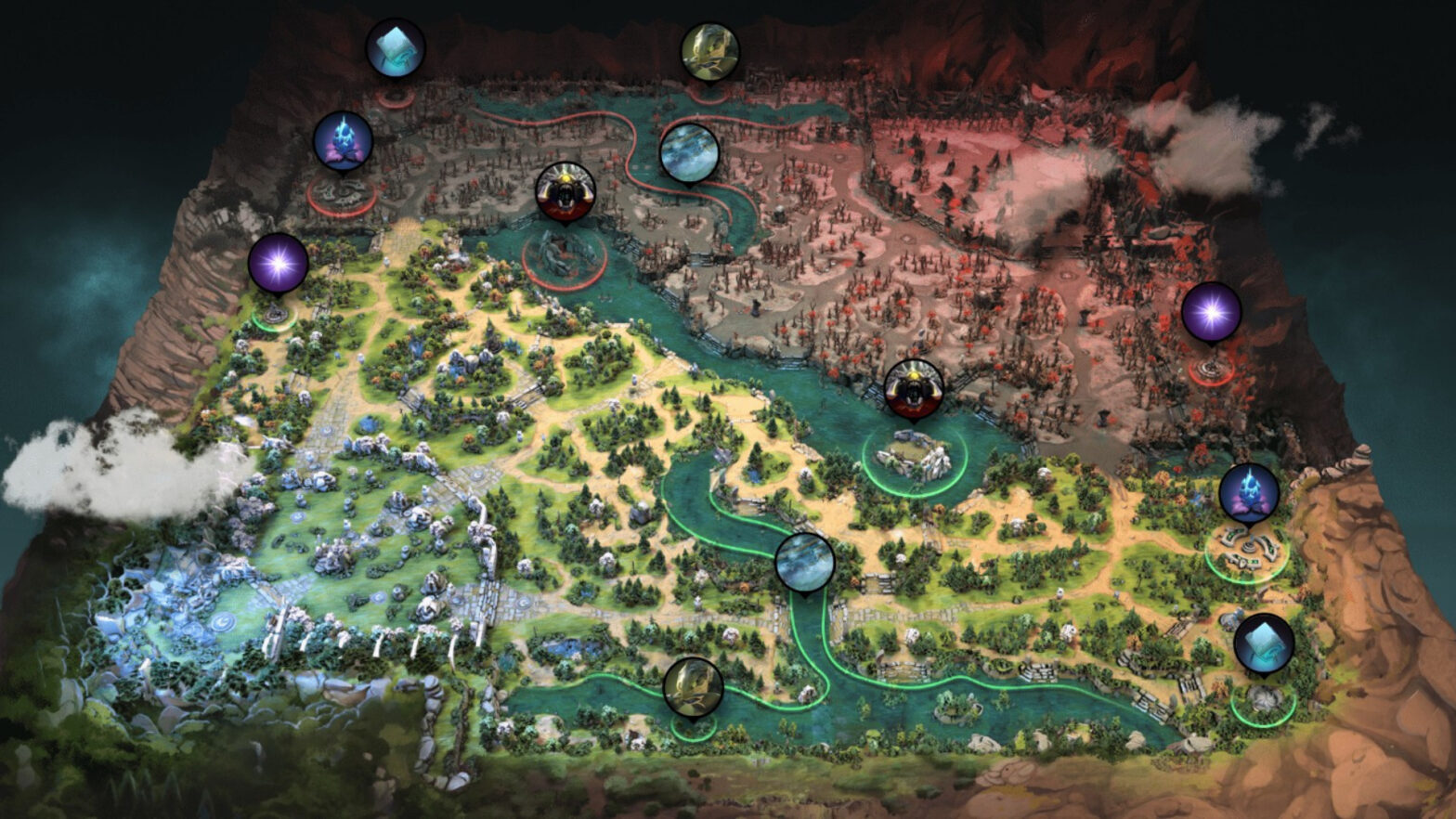
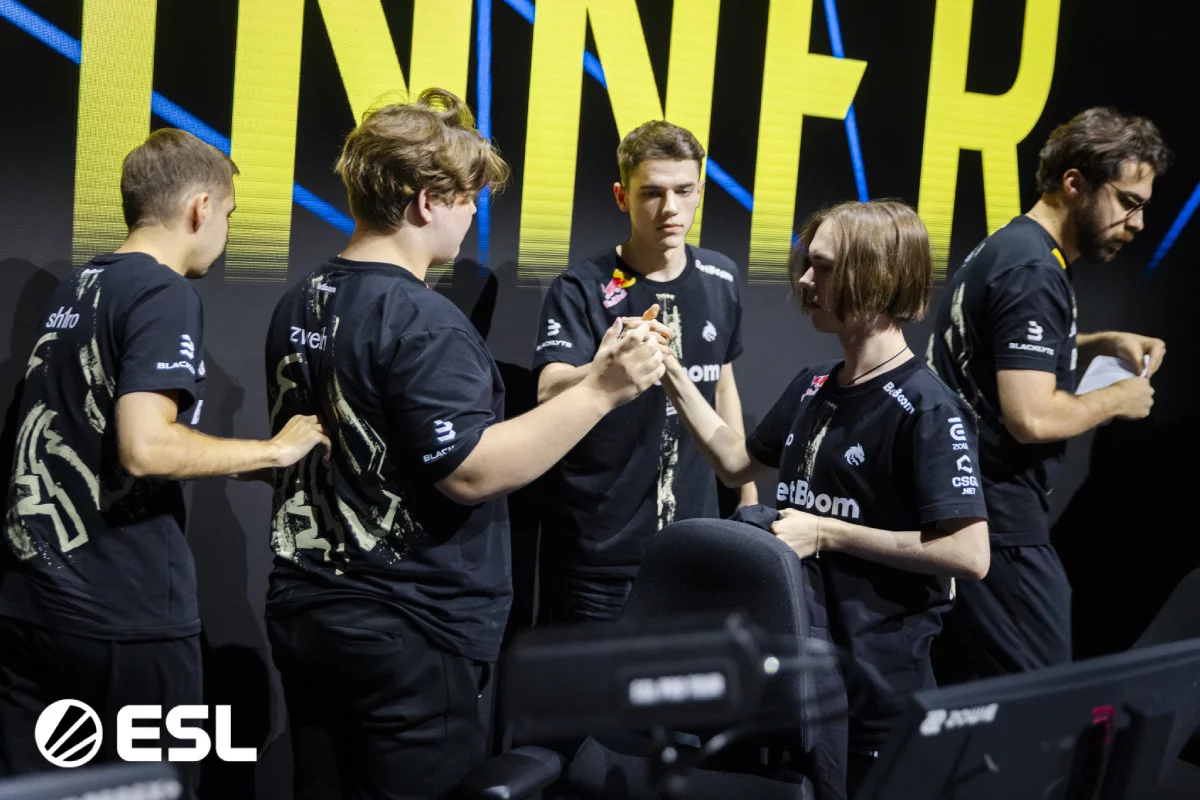
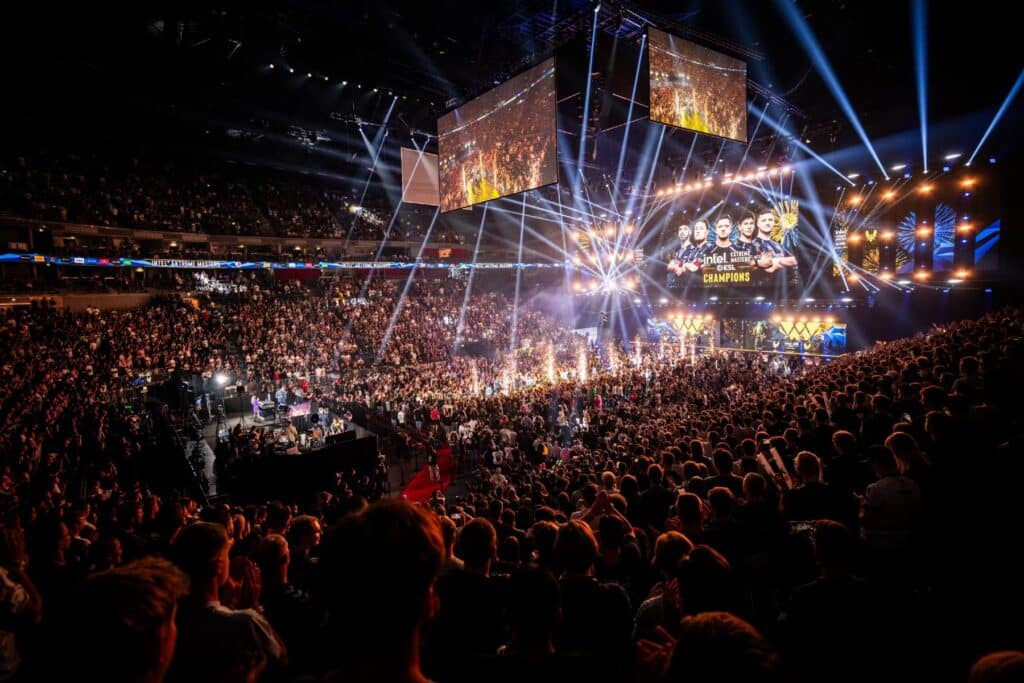
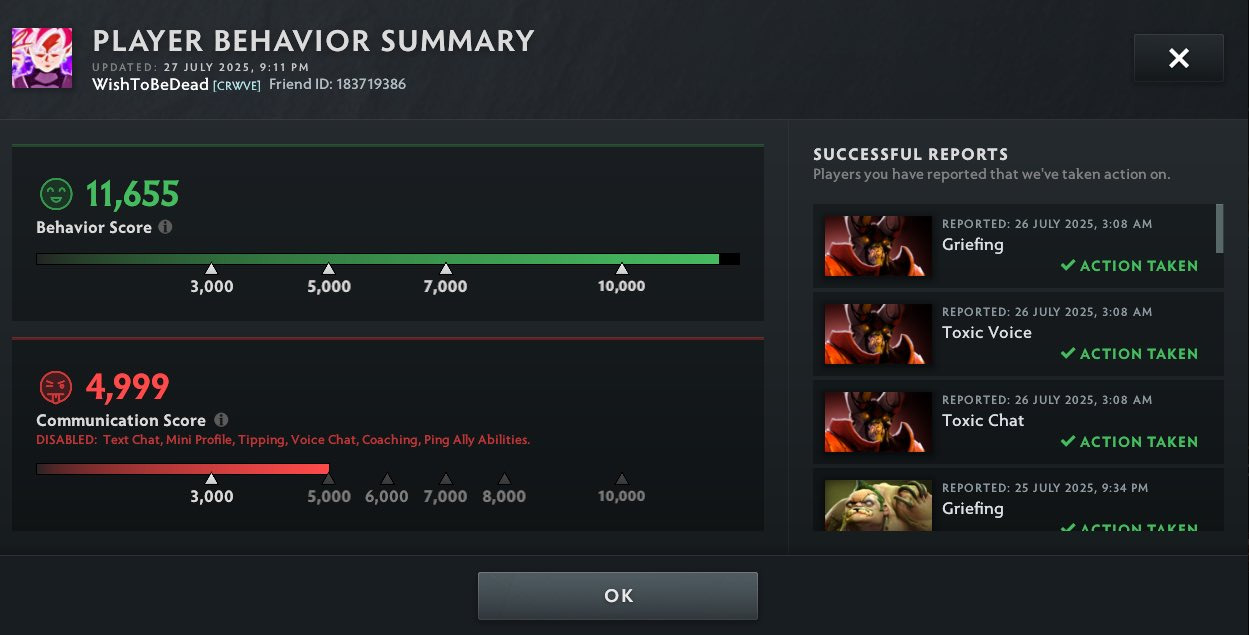
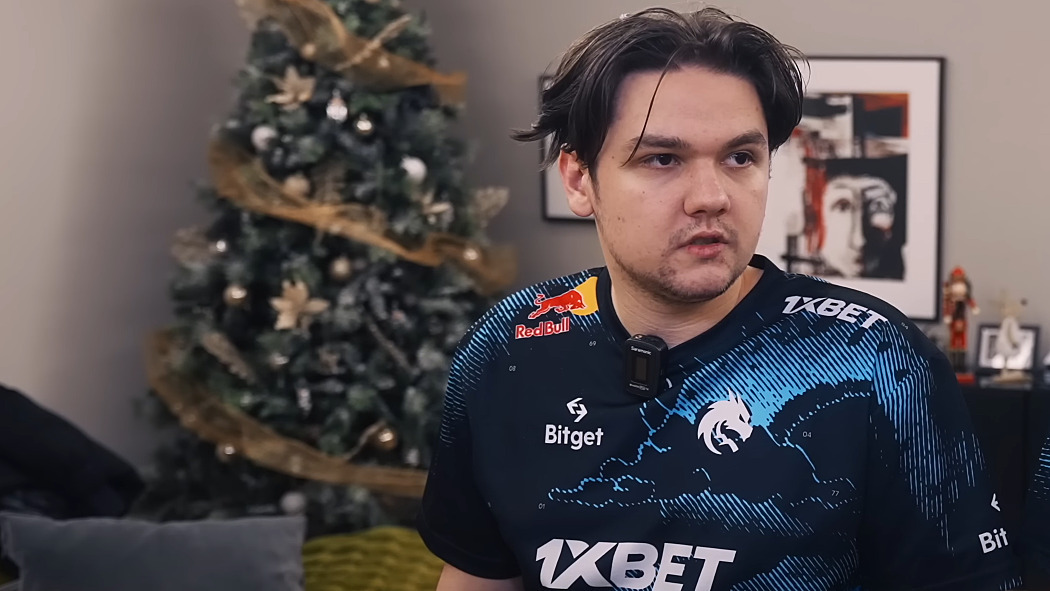
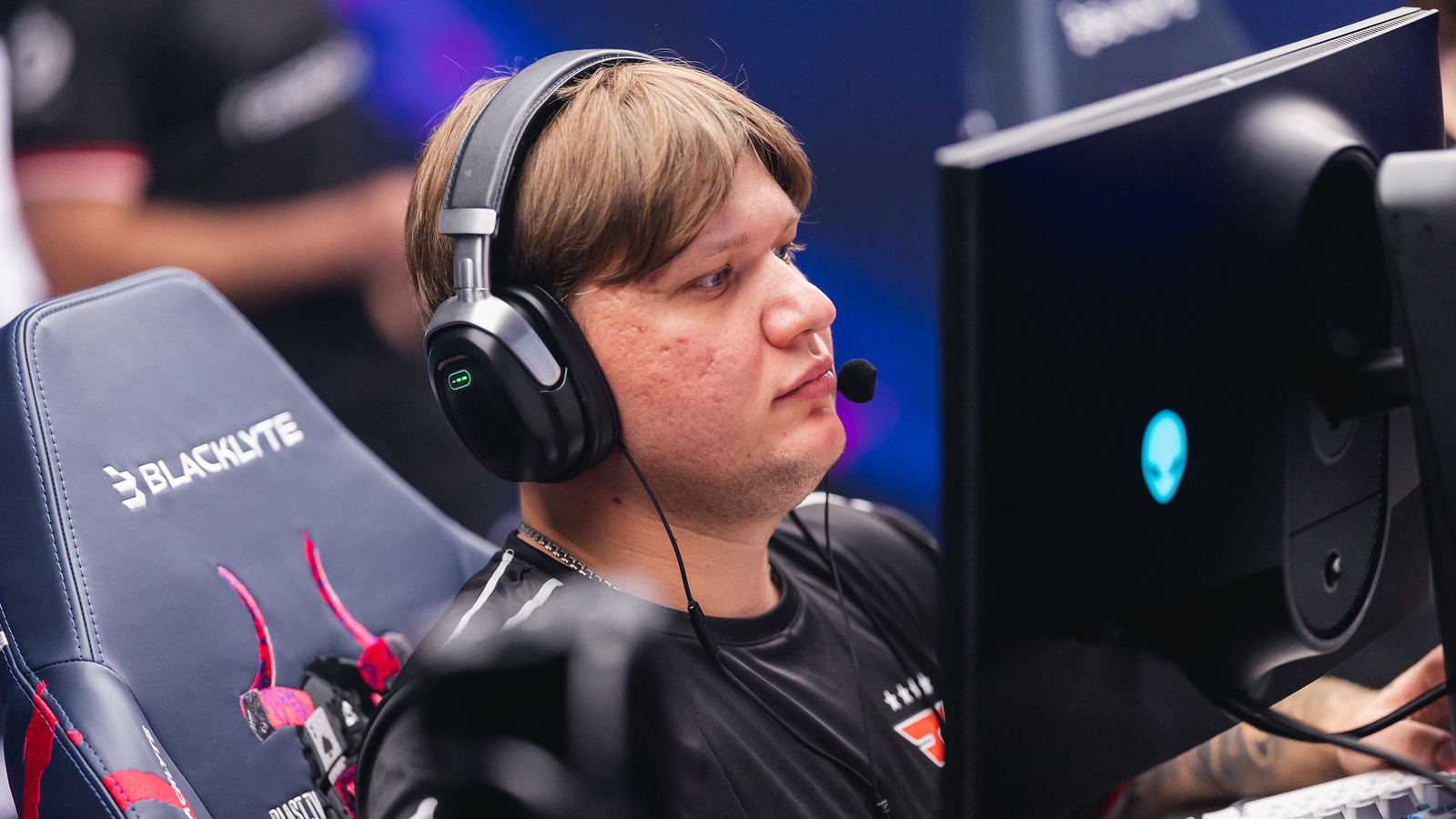




Leave a Reply